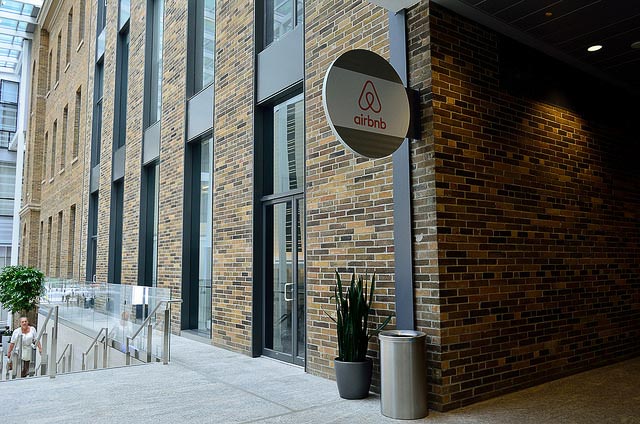This item was originally published by Governing magazine.
We used to work in offices. We used to stay in hotels. We used to eat at restaurants. But now many of us work at coffee shops, we stay in other people’s homes via Airbnb, and we eat dinner in a chef’s home dining room thanks to emerging websites like Feastly.
The sharing economy is changing the way we do a lot of things. It’s also disrupting a lot of things, not least of which is how we zone. You can complain all you want about zoning being a tool of exclusion and a remarkable micromanager of the economy -- I’ve done so on many occasions -- but at its core zoning exists to protect people’s health and quality of life from, say, noxious industrial activities or excessive traffic. A complicated regulatory apparatus built up over a century, zoning was ruled constitutional 89 years ago by an extremely conservative Supreme Court. They concluded that modern urban life had become so complicated that restrictions on private property rights were warranted.
Now the sharing economy seems likely to toss the whole thing out the window -- at least in urban areas. In practical terms, there’s little differentiation these days in big cities between where people work, where they sleep and where they eat. The cities that administer complicated zoning ordinances are too overwhelmed to actually enforce them.
But does this mean we should just get rid of zoning altogether? I don’t think we should -- at least not entirely. We still need certain rules on land use segregation, for instance, to make sure that toxic activities don’t take place in residential areas. But the sharing economy surely strengthens the argument for a more market-based approach.
That’s where form-based codes come into play. Originally popularized two decades ago by the New Urbanism movement, a form-based code is a land use regulatory tool that focuses more on the form of the buildings than on what goes on inside them. Get the buildings right, the thinking goes, and let the market figure out what activities should go on inside them. Is it an apartment or a hotel? A dining room or a restaurant? The market will figure that out.
Of course, a more market-oriented approach to zoning comes with downsides. It’s worth bearing in mind that not all people -- and not all activities -- are treated equally by the market. Affluent folks can pay more to sleep in an Airbnb bedroom, for instance, but such uses could squeeze lower-income folks out of houses and apartments they need.
So there will likely have to be some brakes placed on the market approach to land use -- like, for example, dedicating Airbnb hotel taxes to affordable housing, as some California municipalities are considering. But even with some restrictions, market-oriented zoning is a better reflection of how people live today than old zoning regulations that had folks fighting over the color of doors and the size of lettering in store windows.

